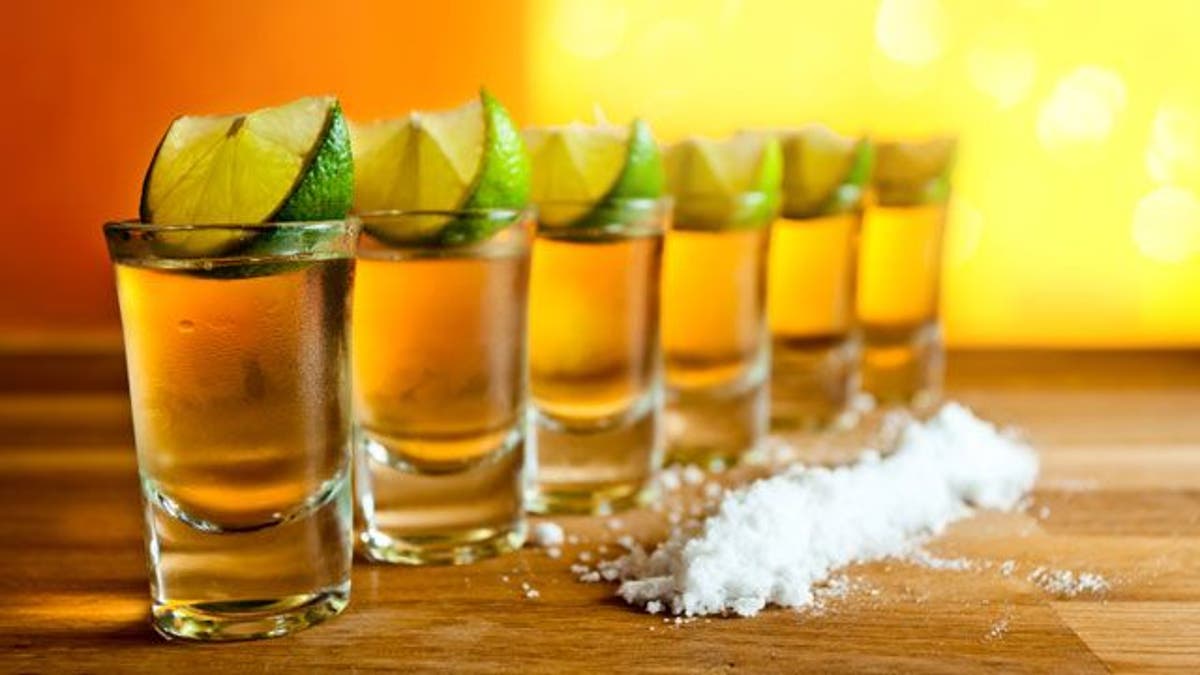
Exposure to TV alcohol ads can encourage teenagers to pick up their first drink and engage in hazardous drinking behavior, reveals a study published Monday in the journal JAMA Pediatrics. The survey, which included over 1,500 adolescents and young adults, suggests a direct link between receptiveness to these ads and teens’ likelihood to binge drink.
“The alcohol industry claims that their advertising self-regulation program protects underage youths from seeing their ads. Our study indicates that it does not,” lead study author Susanne E. Tanski, pediatrician at the Chilldren’s Hospital at Dartmouth-Hitchcock and associate professor of pediatrics at the Geisel School of Medicine at Dartmouth University, said in a news release.
In 2011 and 2013, researchers conducted surveys by phone and the Internet with about 2,540 adolescents and young adults ages 15 and 23. Of those, about 1,600 completed a follow-up survey. Study participants indicated whether they had seen, liked or identified brands in more than 300 recalled TV ads for beer and distilled spirits that aired nationally in 2010 and 2011.
Despite alcohol companies’ self-regulatory methods that aim to reduce TV alcohol ad exposure to teenagers, underage participants in the study were only slightly less likely than legal drinking-age participants to have seen the alcohol ads.
According to the news release, on average, subjects ages 15 to 17 were 23.4 percent likely to have seen the ads, and subjects ages 18 to 20 were about 22.7 percent likely to have seen the ads. Participants ages 21 to 23 were 25.6 likely, on average, to have seen the ads.
Researchers observed a correlation between receptiveness to TV alcohol ads and the teens’ subsequent likelihood of binge-drinking— defined as having six drinks or more in one sitting— and other hazardous drinking behavior, which they defined as meeting or exceeding a threshold score for frequency and quantity of alcohol use.
Among people ages 15 to 17, 29 percent reported binge drinking, and 18 percent reported in engaging in hazardous drinking behavior. Those numbers were 29 and 19 percent, respectively, among study participants ages 18 to 20 years old.
"Our study found that familiarity with and response to images of television alcohol marketing was associated with the subsequent onset of drinking across a range of outcomes of varying severity among adolescents and young adults, adding to studies suggesting that alcohol advertising is one cause of youth drinking," the authors write in their paper. "Current self-regulatory standards for televised alcohol advertising appear to inadequately protect underage youth from exposure to televised alcohol advertising and its probable effect on behavior."
Study authors noted that about 66 percent of U.S. high school students reported trying alcohol in 2013, and about 21 percent reported binge drinking. While cigarette makers voluntarily concluded TV advertising in the late 1960s, alcohol companies continue to market across multiple mediums, including TV.
"Alcohol companies claim their advertising does not affect underage drinking— that instead it is parents and friends that are the culprits," senior author James D. Sargent, a CHaD pediatrician and a pediatric oncology professor at Dartmouth University, said in the news release. "This study suggests otherwise: that underage youths are exposed to and engaged by alcohol marketing, and this prompts initiation of drinking as well as transitions from trying to hazardous drinking."
In a statement emailed to FoxNews.com, Dr. Sam Zakhari, senior vice president of the office of scientific affairs of the Distilled Spirits Council, said the study was “driven by advocacy, not science,” citing historic lows in underage drinking.
“It is clear that preconceived notions about alcohol advertising were used to manipulate data to get desired conclusions. The overwhelming body of research shows that advertising does not cause someone to begin drinking alcohol or to drink more. Such agenda-driven research takes away both scarce federal government funds and the focus on the real solutions to further reducing underage drinking,” he wrote in the email.








































